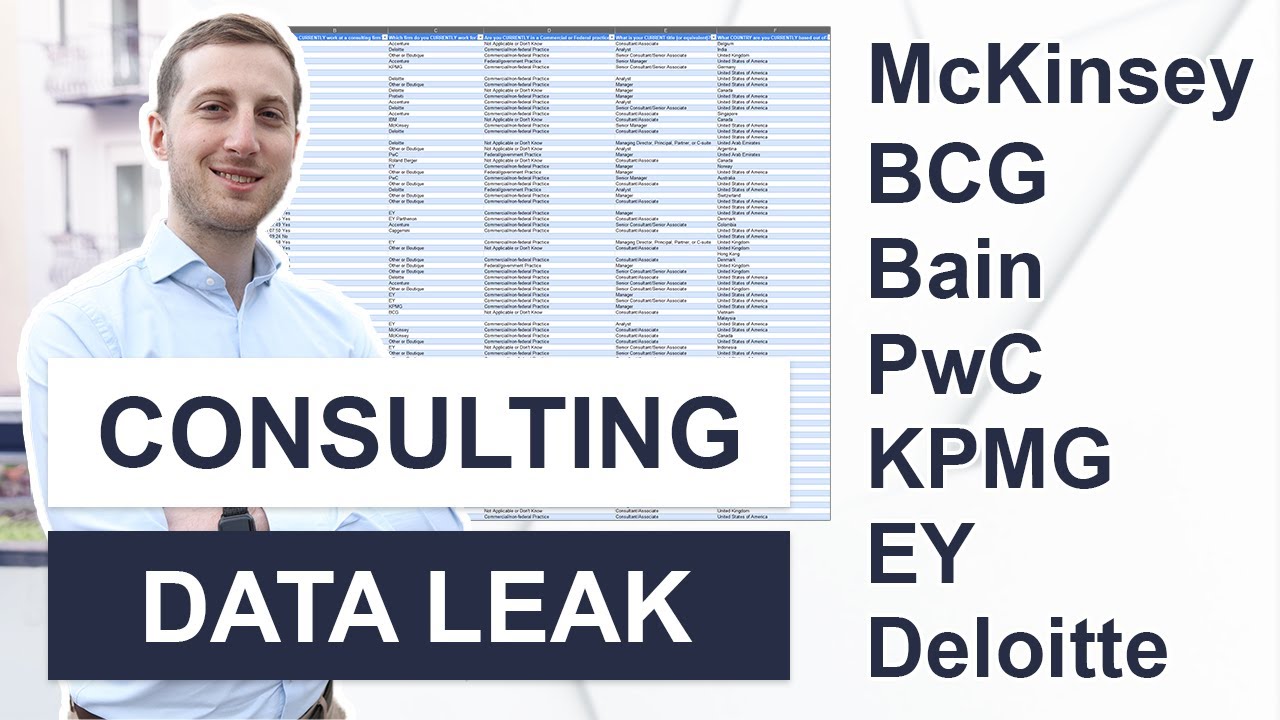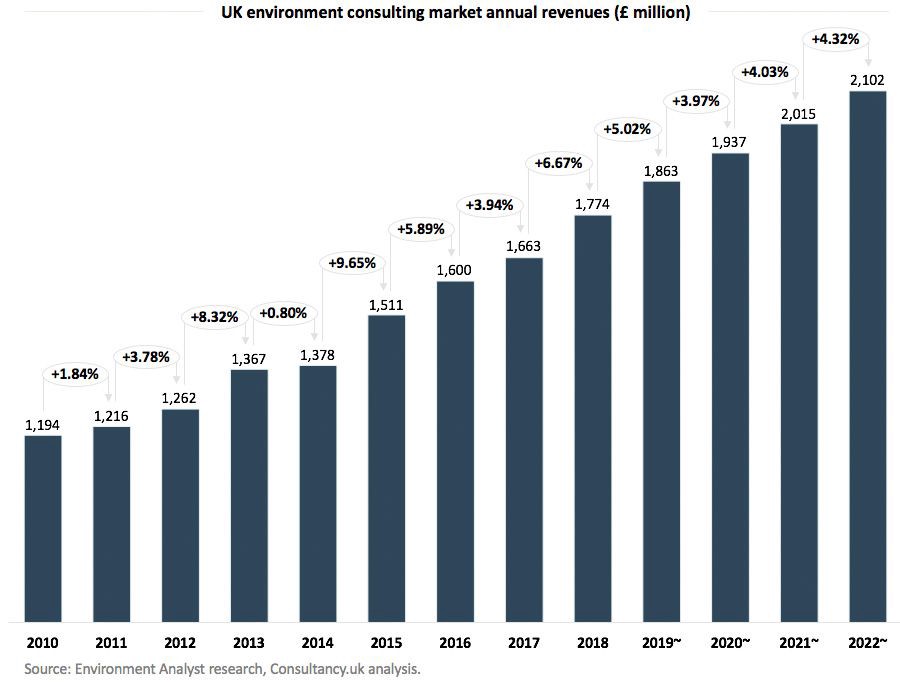
Public policy consultants assist governments and other organizations in making important decisions that will affect people's lives. They study different topics and analyze the data to design policies and programs that will be beneficial to the public. These policies can range from environmental issues to health care.
To be a public policy consultant, one must first understand the role of this profession. It is important that they consider what type of work and where they would prefer to work.
It can be very rewarding to work as a consultant in public policy. Although it is sometimes challenging, the work can have a tremendous impact on society as a whole.
The government is always changing, and public policy consultants have to be aware of current trends. They need to be up-to-date on the latest legislation and demographic changes that could impact their clients' services and businesses.

The best candidates for this position are those who have a strong understanding of the political process and the ability to communicate their ideas effectively. They should also possess a bachelor's, master's, or doctoral degree in politics or a related field.
Most public policy consultants work for private companies or non-profit organizations. They might be responsible in one area or all of a department. These individuals are responsible for advising the company on the implications of its contracts and agreements. They also have to consider the impact of their decisions upon the community.
In addition to these responsibilities, public policy consultants also recruit and train volunteers for their organizations. They make sure that volunteers have the ability to interact with the public.
As a public policy consultant, you can expect to take on a variety of projects, and your responsibilities will vary depending on the organization you work for. Research, policy writing and presentation are just a few of the responsibilities you will have.
Your job requires a high degree of attention to detail and the ability to meet deadlines. You might need to travel across the country to meet clients and conduct research.

For you to be able analyze data and identify what needs to change, you will need to possess strong analytical and critically thinking skills. This is especially important if you work with large organizations with lots of information and resources.
It is very rewarding to work as a consultant in public relations or public policy. It's a fulfilling career that will allow you to help people in your area.
It is important to have an understanding of the political system and the ability communicate their ideas clearly. A bachelor's degree or master's degree in a relevant field such as communication or international law is required.
Some public policy consultants are experts in certain areas like health, education, or the environment. Some consultants may be specialized in specific countries or regions.
FAQ
What can I count on from my consultant to help me?
Within a few days of selecting your consultant, you can expect to hear back. They will ask you for information about your business, including the mission, goals, products, and budget. They will then send you a proposal that outlines the scope of work and estimates timeframe, fees, deliverables, milestones and other details.
If everything goes as planned, then both parties will agree to a written contractual agreement. The terms of the contract will depend on the type of relationship between the two parties (e.g., employer-employee, employer-independent contractor).
If all goes well, the consultant will start working immediately. You will have access both to your documents and internal resources and the consultant's skills and knowledge.
You shouldn't assume, however, that every consultant is an expert in all areas. To become an expert in any field you consult, it takes practice and effort. Do not expect your consultant to be an expert in every aspect of your business.
What is the real value of consulting?
Consulting isn't just a career option for those who want to earn quick money. It's also a great place to gain valuable skills and build a foundation you can use in your future work.
There are many options for consulting. These include project management, business strategy, strategy, leadership, and training. There are many projects you could be involved in, from small start-ups all the way up to large-scale multinational corporations.
Consulting provides you with the opportunity to develop and hone your skills, as well as gain experience within a range of industries. This could include learning to manage teams and write proposals, manage finances, analyze data, create presentations and conduct market research.
How can I find clients for my consulting business?
Finding a passion area is the first step. You could choose anything from public relations to social media, but it should be something you love. You might have to start small, such as by finding niche markets like web design. Once you have found the niche market, you need to understand why it works. What problems does it solve Why should people use this? What can you do to support them?
You can also contact businesses directly.
If all else fails, why not offer your services at free events like networking evenings and conferences? You'll meet many potential customers without spending money on advertising, and you'll be able to show off your skills.
What are the types of contracts available to consultants?
When consultants are hired, they sign standard employment agreements. These agreements outline how long the consultant will work for the client, what he/she will get paid, and other important details.
Contracts specify the area of expertise that the consultant will specialize in and the amount they will be paid. The agreement might state that the consultant will conduct training sessions, workshops or webinars.
Sometimes, the consultant simply agrees that a specific task will be completed within a set time frame.
Many consultants sign independent contractor arrangements in addition to standard employment contracts. These agreements allow the consultant freedom to work without being paid.
Statistics
- 67% of consultants start their consulting businesses after quitting their jobs, while 33% start while they're still at their jobs. (consultingsuccess.com)
- Over 62% of consultants were dissatisfied with their former jobs before starting their consulting business. (consultingsuccess.com)
- WHY choose me: Why your ideal client should choose you (ex: 10 years of experience and 6-week program has helped over 20 clients boost their sales by an average of 33% in 6 months). (consultingsuccess.com)
- According to statistics from the ONS, the UK has around 300,000 consultants, of which around 63,000 professionals work as management consultants. (consultancy.uk)
- According to IBISWorld, revenues in the consulting industry will exceed $261 billion in 2020. (nerdwallet.com)
External Links
How To
What does a typical consultant's day look like?
Each type of work will dictate the day's pace. You will be spending time researching, planning new ideas, meeting with clients, and creating reports.
Clients will often meet with you to discuss their problems. These meetings may be over the phone via email, on-line, or face-to–face.
The proposal is a document that outlines your ideas and plans to clients. These proposals should be discussed with a mentor or colleague before being presented to clients.
After all the planning and preparation you will have to put your efforts into creating some content. Writing articles, designing websites, editing photos or conducting interviews are just some of the options.
It depends on the project's scope, you might need to do some research to collect relevant statistics. You might need to determine how many customers you have, and whether they buy more than one product.
Once you have enough information, it is time to present your findings and conclusions to clients. You can either present your findings in writing or orally.
After your initial consultation with clients, you need to keep in touch. For example, you might call them periodically to see how things are going or send emails asking them to confirm that they received your proposal.
While this can be a slow process, it's essential to remain focused and maintain good working relationships with clients.